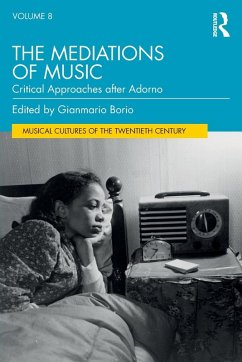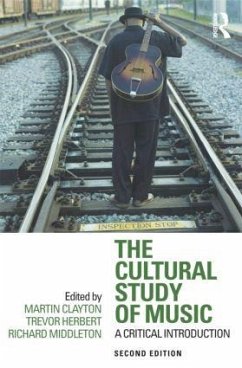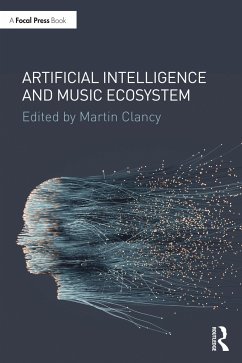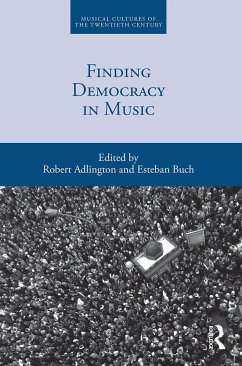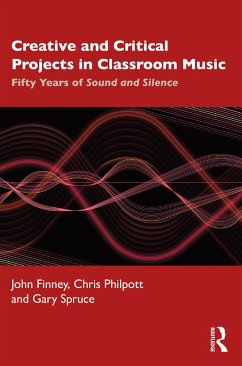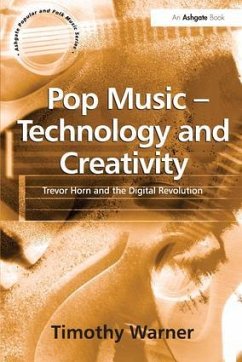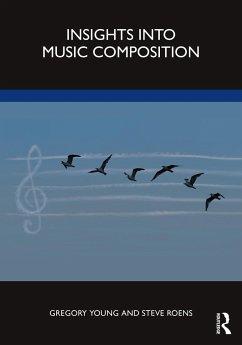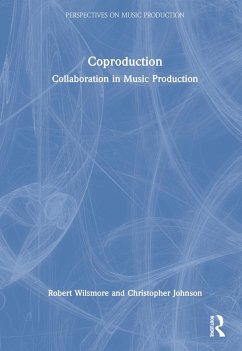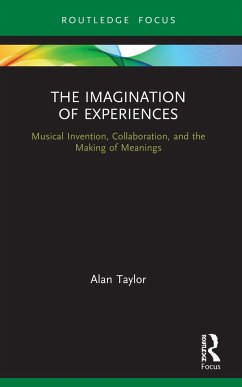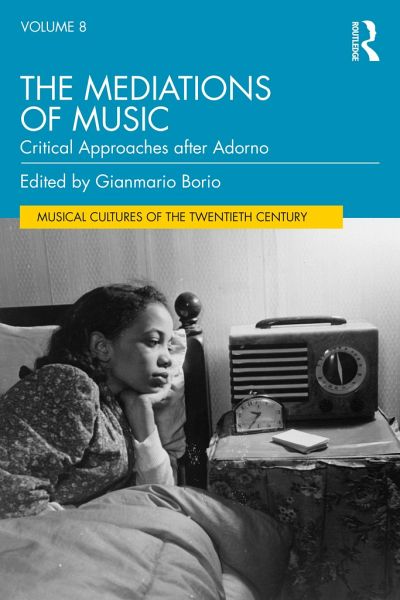
The Mediations of Music
Critical Approaches after Adorno
Herausgegeben: Borio, Gianmario
Versandkostenfrei!
Versandfertig in 6-10 Tagen
154,99 €
inkl. MwSt.

PAYBACK Punkte
77 °P sammeln!
Adorno believed that a circular relationship was established between immediacy and mediation. Should we now say that this model with its clear Hegelian influence is outdated? Or does it need some theoretical integration? This volume addresses these questions by covering the performance of music, its technological reproduction and its modes of communication - in particular, pedagogy and dissemination through the media. Each of the book's four parts deal with different aspects of the mediation process. The contributing authors outline the problematic moments in Adorno's reasoning but also highli...
Adorno believed that a circular relationship was established between immediacy and mediation. Should we now say that this model with its clear Hegelian influence is outdated? Or does it need some theoretical integration? This volume addresses these questions by covering the performance of music, its technological reproduction and its modes of communication - in particular, pedagogy and dissemination through the media. Each of the book's four parts deal with different aspects of the mediation process. The contributing authors outline the problematic moments in Adorno's reasoning but also highlight its potential. In many chapters the pole of immediacy is explicitly brought into play, its different manifestations often proving to be fundamental for the understanding of mediation processes. The prime reference sources are Adorno's Current of Music, Towards a Theory of Musical Reproduction and Composing for the Films. Critical readings of these texts are supplemented by reflections onperformance studies, media theories, sociology of listening, post-structuralism and other contiguous research fields.





